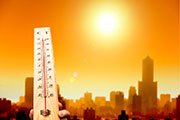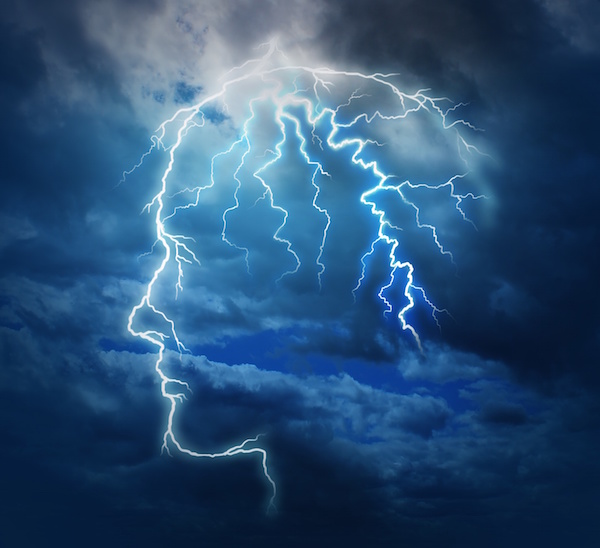
SUNDAY, July 12, 2015 (HealthDay News) — As the thermometer rises, so do serious health risks for seniors and others with chronic medical problems.
The risk of potentially deadly heat-related illnesses can increase with a combination of high temperatures, certain lifestyle factors and general health, according to the U.S. National Institute on Aging.
Lifestyle factors that increase the dangers include not drinking enough fluids, lack of air conditioning, overdressing, being in overcrowded places and lack of mobility and access to transportation.
On hot and humid days, older people and those with chronic health problems should stay indoors in cooler spaces. Those without air conditioners should go to places with air conditioning, such as senior centers, shopping malls, movie theaters, libraries or community cooling centers, the agency said in a news release.
If you’re using alcohol or are substantially overweight or underweight, you’re more susceptible to heat-induced illness. Heart, lung and kidney diseases and age-related changes to the skin, such as poor blood circulation and inefficient sweat glands, also make people more vulnerable to high temperatures.
People on salt-restricted diets may be at increased risk in hot weather, too. However, don’t use salt pills before consulting with a doctor.
Taking multiple medications or taking drugs that cause reduced sweating, such as diuretics, sedatives, tranquilizers and some heart and blood pressure drugs, can also raise risk of heat illnesses. But you should continue taking prescribed medications and discuss possible problems with your doctor, the institute says.
If you suspect someone has a heat-related illness, get them into a shady, air-conditioned spot or other cool place, and have them lie down. Encourage the person to shower, bathe or sponge off with cool water if it is safe to do so. Another option is to apply a cold, wet cloth to the wrists, neck, armpits and/or groin. Offer fluids, but not beverages with alcohol or caffeine.
Call 911 if you suspect heat stroke, a life-threatening type of heat illness. Signs include a high body temperature, confusion or combativeness, strong rapid pulse, lack of sweating, dry flushed skin, feeling faint, staggering or coma.
More information
The U.S. Centers for Disease Control and Prevention has more about heat illness.
Copyright © 2026 HealthDay. All rights reserved.

